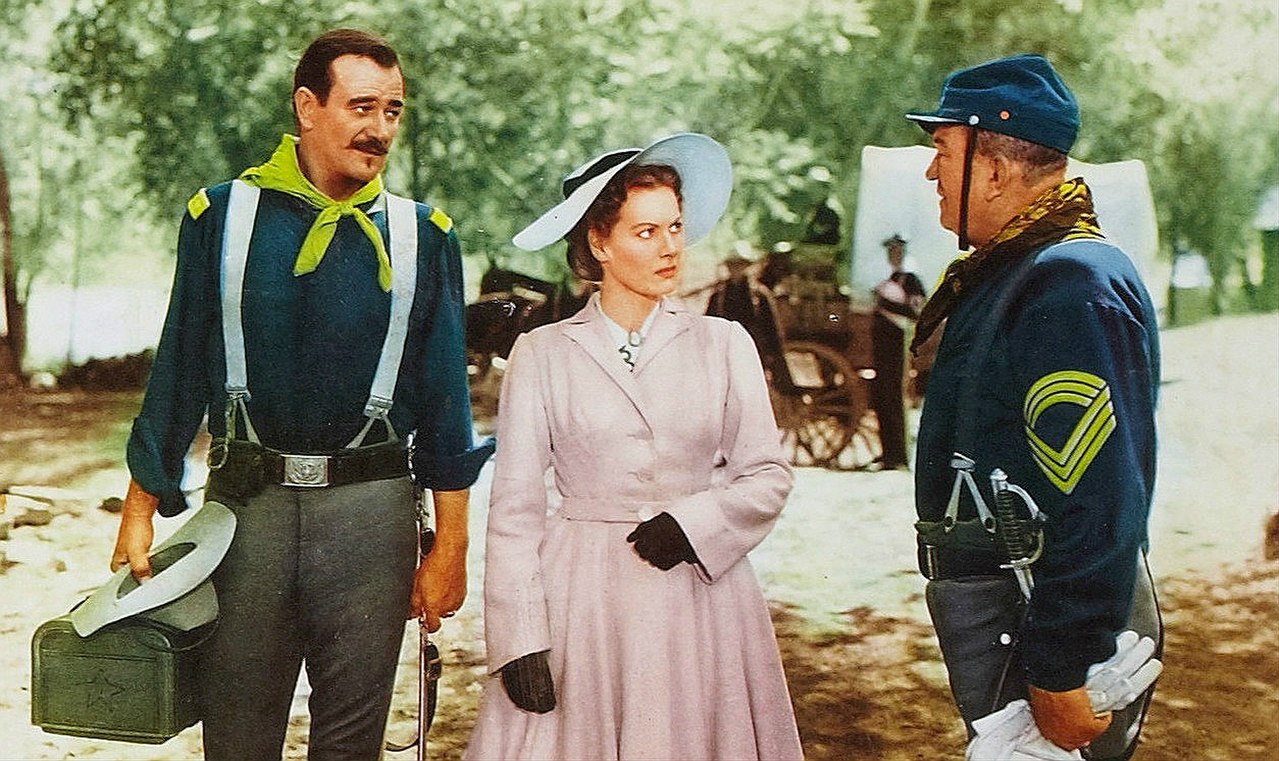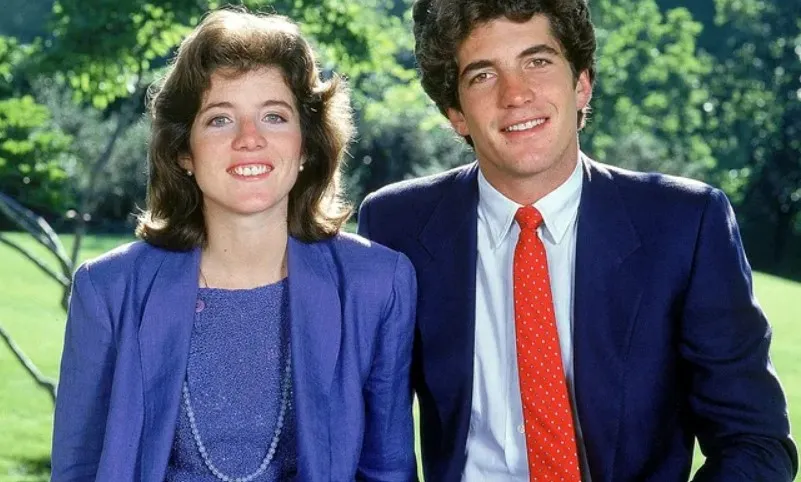Elvis Presley, the King of Rock 'n' Roll, left an indelible mark on music history with his unparalleled talent, electrifying performances, and a legacy that continues to captivate audiences worldwide. Among his many iconic concerts, the "Aloha from Hawaii" concert in 1973 stands out as a historic moment in music, marking a significant milestone not only in Presley's career but in the realm of televised music events.

The Genesis of Aloha from Hawaii

Elvis Presley’s journey to the Aloha from Hawaii concert began with a desire to reach out to his fans worldwide. The idea of a live concert broadcast globally was a pioneering concept at the time. The spectacle was designed not only for the audience present at the venue but also for millions watching across the globe, establishing a direct connection between the King and his fans.
The concert was initially planned to be held in December 1972. Still, due to various logistical and technical concerns, it was rescheduled to January 14, 1973. The venue chosen was the Honolulu International Center Arena, situated in Hawaii, offering a picturesque backdrop for this historic event.
Preparation and Anticipation

Elvis, known for his dedication to his craft, rehearsed rigorously for this performance. His band, featuring top musicians, was finely tuned and ready to complement the King’s performance. The anticipation leading up to the show was immense, not just among the fans but also within the music industry and the media.
The "Aloha from Hawaii" concert was not only a musical event but also a technological feat. It was the first time that a concert was broadcast live via satellite, a groundbreaking concept in the early 1970s. The satellite transmission was an ambitious move, showcasing Elvis’s vision and the team’s efforts to reach a global audience.
The Road to Aloha from Hawaii

The concept of the "Aloha from Hawaii" concert originated in 1972, when it was envisioned as a global event that would reach millions of fans across the world. The idea was to use satellite technology for a live broadcast—a groundbreaking concept at the time. The show was initially scheduled for a different date, but due to various logistical and financial reasons, the final performance took place on January 14, 1973.
Preparations for the concert were meticulous, with Elvis and his team focusing on every detail, from the setlist to the staging, lighting, and the iconic jumpsuits that became synonymous with his later performances. The anticipation surrounding the event was palpable, and the stage was set for a historic night.
The Concert - A Landmark Event

On the evening of January 14, 1973, Elvis Presley took the stage in a flamboyant white jumpsuit, captivating the audience with his magnetic stage presence. He delivered a stellar performance that showcased his vocal range, stage charisma, and ability to connect with his fans.
The concert’s setlist was a blend of his classics, including "Can’t Help Falling in Love," "Suspicious Minds," and "Burning Love," along with covers and lesser-known tracks, displaying his versatility as an artist. The King’s renditions were powerful, leaving an enduring impact on all those present and the millions watching from their homes.
The arena in Honolulu was filled with thousands of enthusiastic fans, creating an electrifying atmosphere. The concert’s success lay not only in the musical performance but also in the visual spectacle it offered. Elvis, known for his iconic style, showcased extravagant jumpsuits and charismatic stage moves that further enhanced the visual allure of the show.
Global Broadcast - Reaching Millions
What made the "Aloha from Hawaii" concert truly groundbreaking was the live satellite broadcast, which was a technological marvel at the time. The concert was transmitted via Intelsat IV satellite to over 40 countries across Asia and Europe, reaching an estimated 1.5 billion viewers. This made it the first live concert broadcast via satellite, an achievement that solidified Elvis's impact as a global superstar.
The visual spectacle of Elvis performing against the backdrop of the Hawaiian landscape, combined with the technological feat of the live satellite transmission, added to the concert's allure. The global reach of the broadcast expanded Presley's fanbase and reaffirmed his status as a music icon of unparalleled magnitude.
Legacy and Impact

The "Aloha from Hawaii" concert left an indelible mark on music history. Not only did it reaffirm Elvis Presley's status as a larger-than-life performer, but it also paved the way for future live concert broadcasts. The event set a precedent for how music could be experienced globally, breaking down barriers and transcending geographical constraints.
The concert's impact extended beyond its immediate success. It showcased the power of technology in connecting people through music, a concept that continues to be a driving force in the entertainment industry. Moreover, it solidified Elvis's legacy as a pioneer, not just in music but in the realm of televised and global entertainment.
Conclusion

Elvis Presley's "Aloha from Hawaii" concert remains an iconic moment in music history, a testament to his enduring legacy and influence. The electrifying performance, the groundbreaking satellite broadcast, and the sheer magnitude of the event all contribute to its status as a pivotal moment not just in Presley's career, but in the evolution of how music is experienced and shared globally.
As we reflect on this historic concert, it's clear that Elvis Presley's impact transcends generations, leaving an indelible mark on the music industry and continuing to inspire artists and audiences worldwide. The "Aloha from Hawaii" concert stands as a testament to the everlasting legacy of the King of Rock 'n' Roll and his unparalleled ability to captivate and unite audiences through the power of music.



